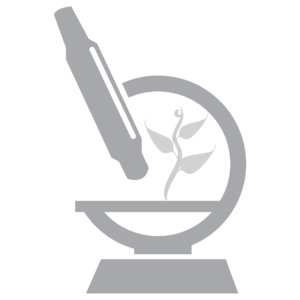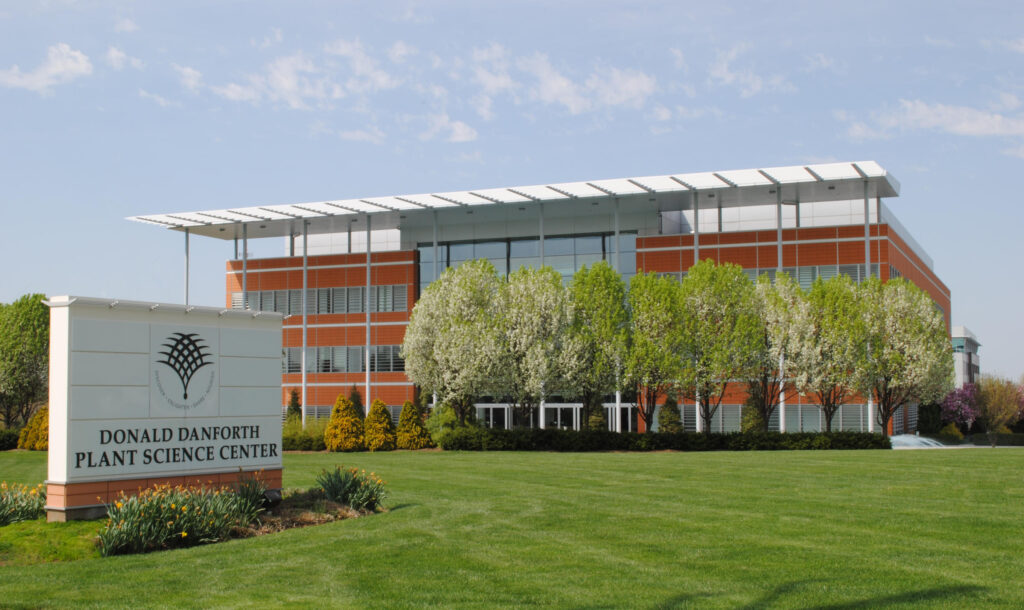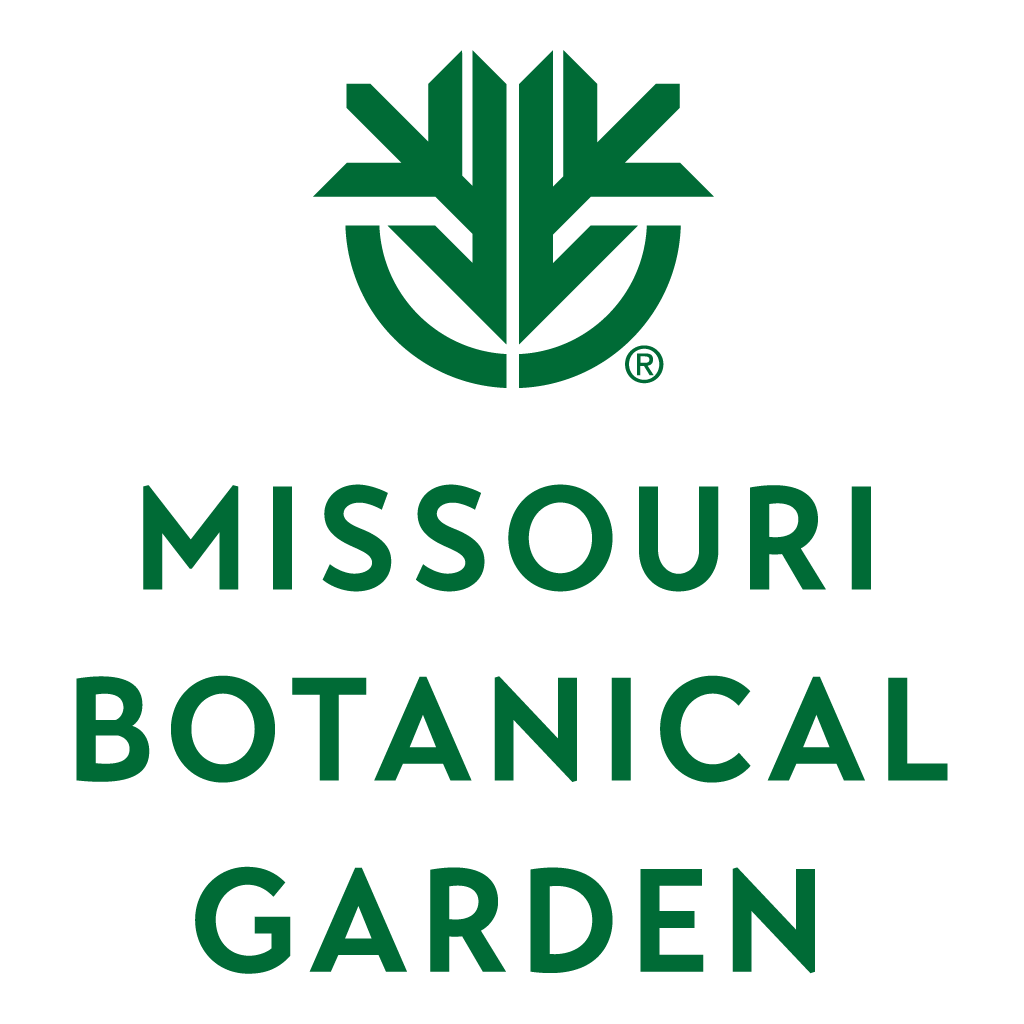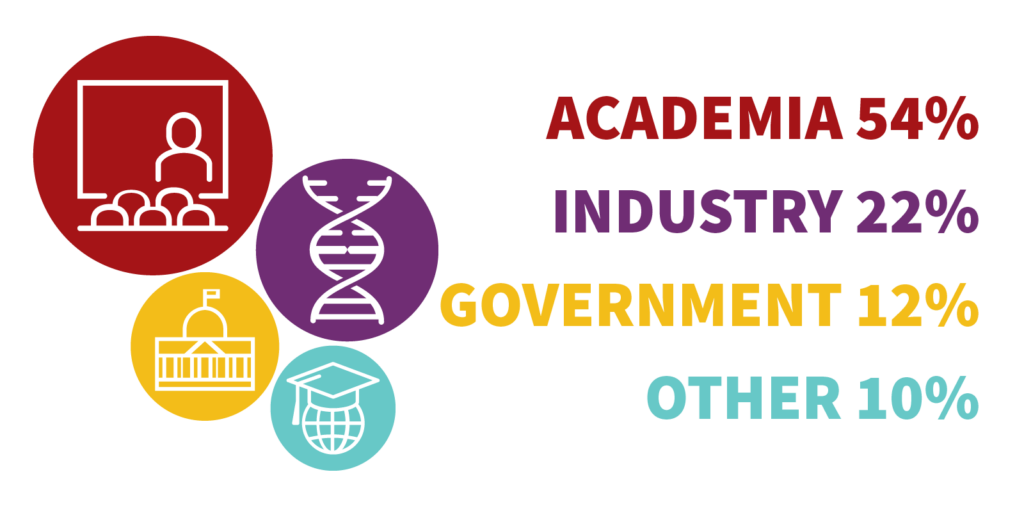
The doctoral program in Plant & Microbial Biosciences (PMB) focuses on the use of prokaryotes, eukaryotic microbes, mosses and vascular plants as experimental organisms. Washington University’s highly integrated graduate program and diverse faculty provide an ideal environment in which to address fundamental and applied biological problems.
Research in PMB covers a diverse array of topics including:
- Interactions between plants, microbes, and their environment
- Assembly and regulation of membrane-associated complexes
- Cytoskeletal organization and regulation
- Cell morphology and cell division
- Structural biology and biochemistry
- Cell and organelle size
- Metabolic engineering of natural products, biomaterials, and biofuels
- Microbial ecology and evolution
- Biogeochemical cycles and earth history
- Astrobiology
PMB is fully integrated with the eleven other graduate programs that comprise the Vagelos Division of Biology and Biomedical Sciences and emphasizes interdisciplinary collaboration among faculty and students. In particular, faculty in PMB maintain close ties with the Molecular Microbiology and Pathogenesis, Molecular Genetics and Genomics, Biochemistry, Biophysics, & Structural Biology, and Molecular Cell Biology programs.
Students in the Plant & Microbial Biosciences (PMB) program will typically take four (4) to five (5) courses during their first year. Students will also participate in three laboratory rotations over the fall and spring semesters of Year 1 prior to selecting a thesis lab. Students are expected to complete the following coursework during their entire graduate education:
DBBS required courses
Graduate Research Fundamentals
Ethics and Research Science – typically taken in Year 2
Program required courses
Experimental Design and Analysis in Biological Research
Current Approaches in Plant Research
Students may select either course below:
Nucleic Acids and Protein Biosynthesis
Fundamentals in Molecular Cell Biology
Two (2) advanced electives
How Plants Work: Plant Physiology, Growth and Metabolism
Advanced Genetics
Fundamentals in Molecular Cell Biology
Developmental Biology
Molecular Microbiology and Pathogenesis
Protein Analysis, Proteomics and Protein Structure Laboratory
Bioenergy
Computational Molecular Biology
Genomics
Statistics for Medical and Public Health Researchers
Metabolic Engineering and Synthetic Biology
Mass Spectrometry
Biotech Industry Innovators
Two (2) semesters of journal clubs
Seminar in Plant and Microbial Biology – required
One additional Journal Club – program recommends Cell Biology or Genetics
PMB students are also expected attend and participate in additional scholarly activities, including a weekly PMB Breakfast, the annual PMB Retreat, and relevant seminars provided by the program or institutional partners like the Donald Danforth Plant Science Center.
Qualifying exam
In the spring/summer semesters of Year 2, students must pass a Qualifying Exam (QE). Following a successful QE defense, students will identify and finalize their committee and complete their thesis proposal by December 31 of Year 3.
Thesis committee, proposal, and defense
In the summer and/or fall semesters of Year 2 after rotations are completed, students will select a thesis advisor and begin working in their thesis labs. Students will then select a thesis committee and complete their thesis proposal. Students will complete their thesis research, defense, and graduation over the rest of their graduate career. Most students graduate within five (5) to six (6) years of beginning their program.
Students’ research opportunities are enriched by the University’s partnerships with local institutions:

The Donald Danforth Plant Science Center is a state-of-the-art research facility. Mass spectrometry and X-ray crystallography facilities are available to facilitate studies of protein structure and function. Modern greenhouses, growth chambers, and tissue culture facilities provide controlled environments for plant research.

The Missouri Botanical Garden is among the jewels of St. Louis and a conservation and sustainability innovation space. PMB students are able to work within the gardens and access additional facilities, including a botanical library and herbarium collection that are among the most extensive in the world.

PMB graduates pursue a variety of careers. Most program graduates go into academia, but many find paths in industry, government, and other fields, like science communication, law, and business and entrepreneurship.
Faculty Co-Directors:
Graduate Program Administrator: